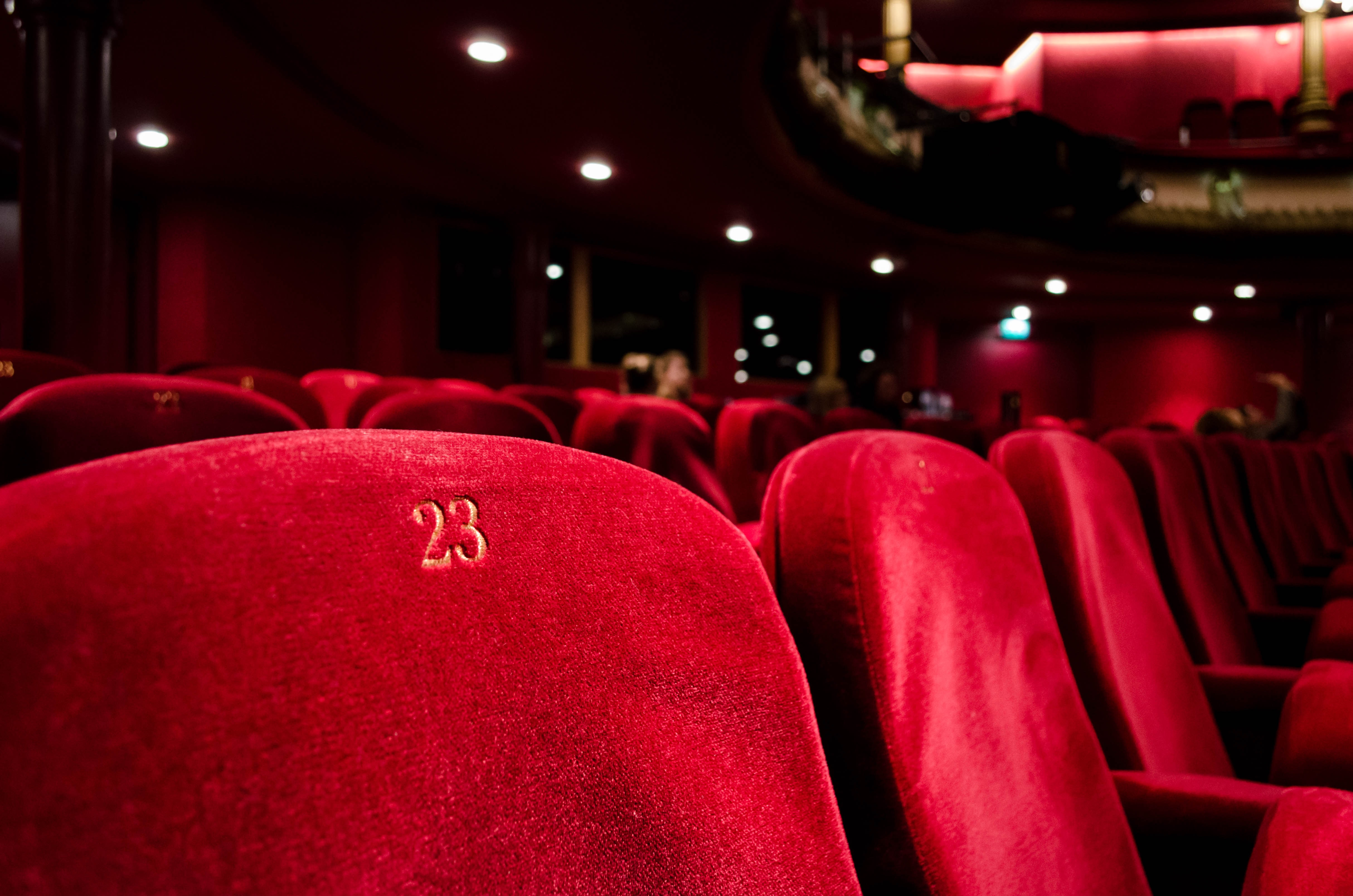
Is the rise of streaming platforms killing cinema? Film writer Grace Baxendine looks at the importance of cinemas to our experience of enjoying films
I’m sure we have all noticed how empty cinemas can feel these days. Even on the release of the latest Hollywood blockbuster there are hundreds of empty seats. I adore going to the cinema; the experience is unrivalled. Originally considered magicians, a sense of mysticism accompanied the work of early filmmakers. However, in the words of director Martin Scorsese, cinema is just becoming ‘less special to younger audiences.’
Film itself has changed the way we view art. It has become a huge part of the arts in its short history; compared to paintings, literature, music, it is quite the little sibling. And yet, it is perhaps the most relatable and accessible artistic form, due to one simple factor: the pictures move! Many find it difficult to appreciate a great painting in a gallery or to engage with its content. A film, on the other hand, tells its story with movement, it is easily engaging, and an audience is able to enjoy and follow a story.
Film… is perhaps the most relatable and accessible artistic form
In its beginning, there was no greater night out than a night at the pictures. It provided the perfect date or treat at the end of a long week. But as the years have gone by, the introduction of television in the home has made it all too easy to stay in on a Friday night with a fish supper and Bruce Forsyth on your screen. The internet has also damaged the cinematic industry in every sense. We have become a generation that think nothing of film piracy and that if it’s on the internet, it’s a free for all. Then came the introduction of streaming sites such as Netflix, creating a sense of home cinema, but with constant interruptions and lack of concentration, there is something lacking from the cinematic magic of the big screen. This instant life is something we are naturally accustomed to with the rise of the internet. We are all too used to being able to choose any film at any time to start watching, then pause as many times as we want.
This can be a fantastic thing, but I can’t help thinking that it is also a great shame, as it takes away some of the excitement that only a cinema theatre can provide. The silence that falls in sync with the fall of the lights, everyone in complete concentration; it is a wonderful experience, something which can’t be compared to your bedroom shadowed by a phone interrupting you every five minutes.
The truth of the matter is, with the rise of the internet and subsequently piracy and Netflix, cinemas aren’t recognised by our generation as overly important. They are something we take for granted and forget to value.
If we let cinema theatres die, we let the history of a treasured art form die too
It’s also safe to say that the act of going to the cinema itself is equally overlooked. With some beautiful ones to be found in Birmingham’s centre, there is really no excuse. The Mockingbird in Digbeth has fabulously cheap tickets and screens many great independent films as well as recent blockbusters. Likewise, the Electric, the oldest working cinema in the UK, is on New Street Station’s doorstep, screening anything from live performances from the West End to Nostalgic treasures like An American in Paris!
Film has the ability to inform and question, distract and entertain. This is perhaps its real attraction, we will never get bored of films. They are a universally understood and enjoyable art form. But will we get bored of cinemas? If we can experience the magic of the movies in the comfort of our own home, what is the point in paying to go and see it somewhere else? To this I say “rubbish!”. If we let cinemas die, we let the history of a treasured art form die too. Film theatres are too magical to be disregarded so easily.
‘What’s a bigger mystery box than a movie theatre?’ – J.J. Abrams

Comments